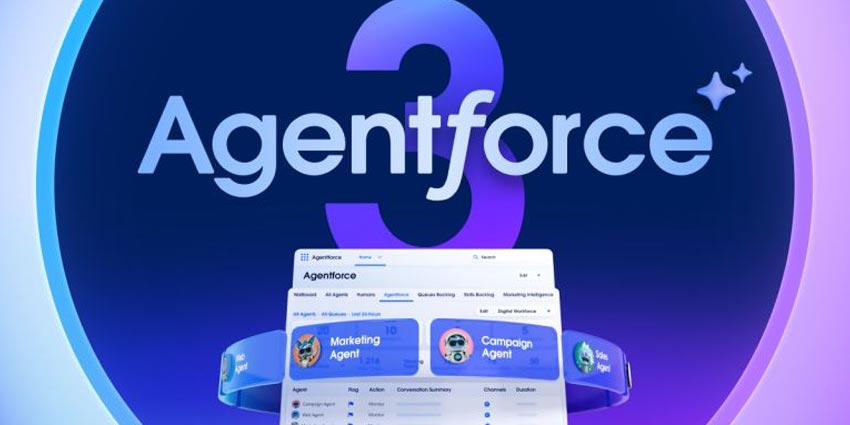Salesforce has moved to acquire Spiff, the platform provider that aims to make sales commission plans easier to build, implement, and automate.
Spiff – which places its software under the incentive compensation management (ICM) category – offers a low-code UI, spreadsheet familiarity, and a “powerful” processing engine for automation.
Together, these capabilities allow businesses to finetune their commission strategy.
Such a strategy is critical, as when commissions go awry, companies risk lost revenue, burnout, commission disputes, motivation quagmires, and payroll errors.
Hoping to help customers circumvent these issues, Salesforce plans to embed Spiff within Sales Cloud, enhancing the performance management tools natively available in the CRM solution.
“CROs and financial leaders know the importance of compensation in driving rep behavior,” added Ketan Karkhanis, Executive Vice President & General Manager of Sales Cloud. “The challenge these leaders face is in how to align these compensation plans to desired outcomes – all while navigating data across siloed-point solutions.
Spiff connects what sellers want – transparent compensation – with what sales leaders want – compensation planning built into CRM that aligns behaviors to strategic outcomes.
To enable this, Spiff offers real-time visibility into commission reports for sales reps, aiming to elevate their understanding of how and why they are being paid.
Moreover, it helps manage complex team structures, users, documents, and approval workflows.
Other critical features are its scalability, analytics, and integration-friendly design, with the latter allowing businesses to quickly pull together compensation plans.
Thrilled to bring all these capabilities to Sales Cloud, Jeron Paul, CEO of Spiff, stated: “I’m excited about the future of Spiff and about what this means for the world of SPM and ICM in general.
We have always taken pride in Spiff’s pace of innovation, and I’m grateful for the opportunity to make an even deeper impact on the space as part of the Salesforce ecosystem.
Yet, while Spiff may be new to the ecosystem, it’s a long-term Salesforce Ventures portfolio business and a longstanding partner, sitting within AppExchange “for years”.
That robust relationship has helped grow Spiff into the platform it is today, with over 70 percent of its customer base also leveraging Sales Cloud.
Such close ties will prove essential as the Spiff team joins forces with “the Salesforce family” when the acquisition closes – which the CRM leader touts for Q1 of the fiscal year 2025.
Salesforce Becomes a More Composable CRM Platform
Spiff is a low-code, highly composable platform that allows businesses to orchestrate their envisioned compensation plan.
By acquiring Spiff, Salesforce not only adds new capabilities but also embeds that layer of composability into Sales Cloud.
Such composability allows customers to more easily customize the solution – as opposed to traditional, more rigid solutions that comprise many settings and switches.
That’s critical, as – while Salesforce provides powerful solutions – customers often have to put significant work into customizing workflows, creating custom objects, and more.
As a result, implementing its CRM apps is no small task.
Yet, the CRM giant strives to strip away much of the menial work through acquisitions like this and developments in its Salesforce Flow Builder tool.
Moreover, Flow Builder allows businesses to “compose” cross-cloud workflows throughout its Einstein 1 Platform and opens up new possibilities.
That goal is also evident in its Airkit.ai acquisition announced shortly after Dreamforce 2023.
Airkit.ai is a low-code/no-code bot-building platform typically utilized in service environments. However, it also supports sales and marketing teams with use cases such as automated enrollment and proactive outreach – and Salesforce is likely to take these bots beyond the service remit.
One final example of this new composability-focused strategy is the Einstein 1 Copilot Studio, which allows enterprises to customize the new virtual assistant to their business requirements.
As such, they can more easily bring their creative customer experience visions to life.
For more on the Copilot and Salesforce’s new Einstein 1 platform, check out our articles:
- Salesforce Debuts Einstein 1 Copilot, an AI Assistant That Covers All of Its Apps
- Salesforce Announces Einstein 1 as Its Core Platform, Offers Data Cloud & Tableau for Free







